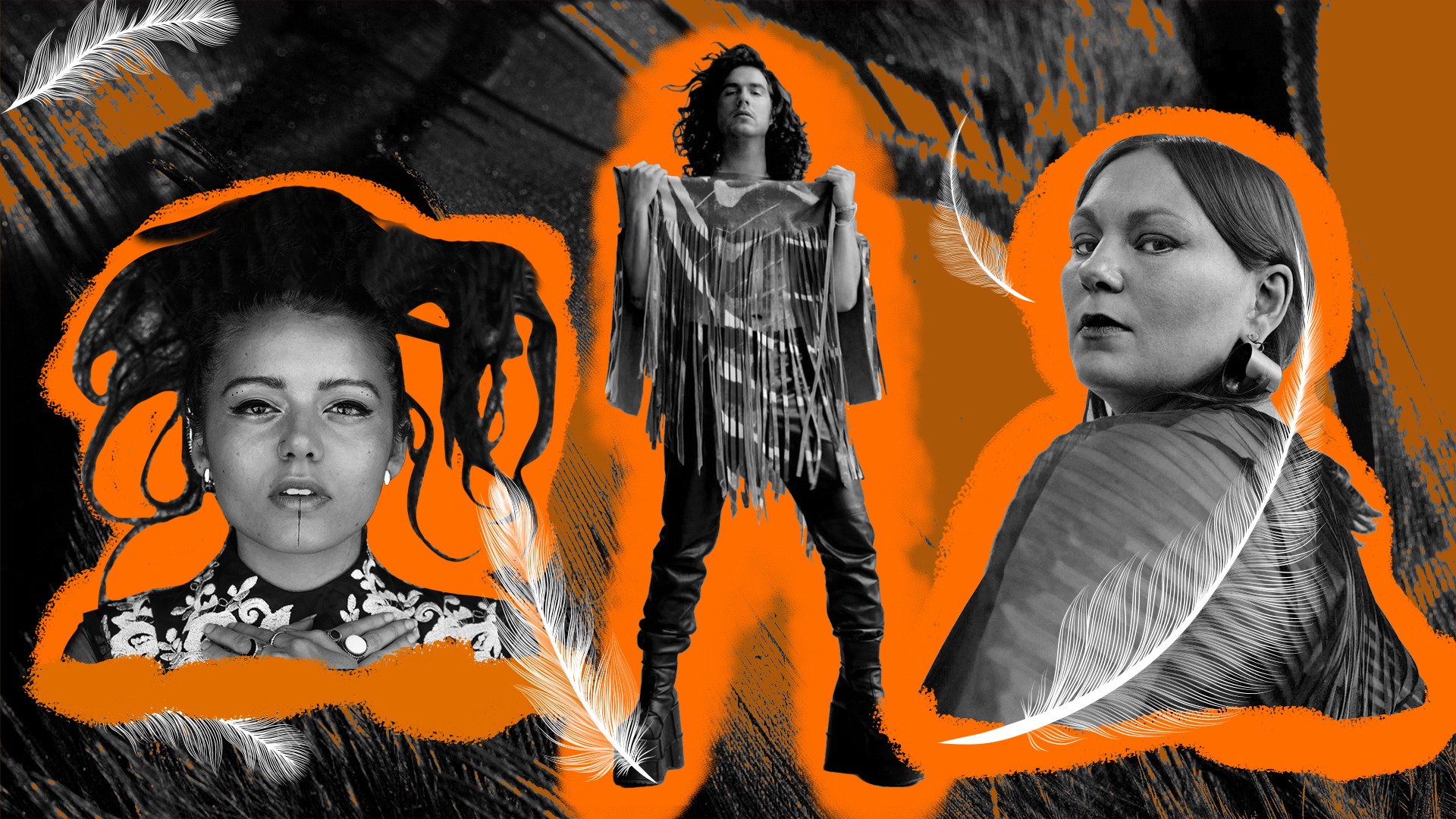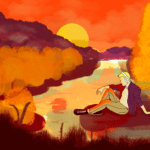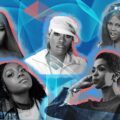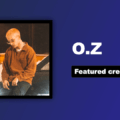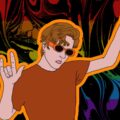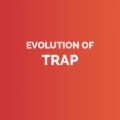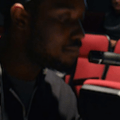Music has always been a powerful medium for storytelling, and Indigenous artists in Canada are especially known for sharing rich histories and poignant experiences through art. Their music is more than just melodies; it’s evocative stories, cultural expressions, and calls for justice. Often blending traditional sounds with influences of contemporary music, these artists honour their heritage while making an impact in today’s musical landscape.
With the National Day for Truth and Reconciliation approaching on September 30th, it’s important to remember and amplify the experiences of Indigenous Peoples while reflecting on our collective path toward healing and understanding. In this article, we highlight and explore the contributions of some of the most influential as well as up-and-coming Indigenous artists across the country.
Tanya Tagaq
An Inuk throat singer from Ikaluktutiak (Cambridge Bay, Nunavut), Tanya Tagaq has gained international acclaim for her powerful and innovative music that blends traditional Inuit throat singing with contemporary genres. She is a JUNO Award and Polaris Music Prize winner, a bestselling author, and, according to Rolling Stone, “one of the avant-garde’s most dynamic performers.”
She is also widely recognized and praised for her activism, where she is passionate about Indigenous rights issues such as the legacy of the fight for land sovereignty, the residential school system, and the ongoing violence against Indigenous women.
The Halluci Nation
Previously known as A Tribe Called Red, The Halluci Nation is an electronic duo hailing from Ottawa that fuses modern styles like hip hop, reggae, and dubstep, with elements of First Nations music such as chanting and drumming. The members, Ehren “Bear Witness” Thomas and Tim “2oolman” Hill, push the boundaries of traditional Indigenous dance music to create an entirely new genre known as “powwow-step” (the term “powwow” having derived from Indigenous culture, meaning a community gathering where people dance, sing, and honour their heritage).
The JUNO Award winning group has toured extensively across North America, and have been vocal advocates for Indigenous rights. Just a couple examples of their activism: their 2020 single “Land Back” was created to support those opposing the construction of the Coastal GasLink Pipeline, and their song “The Road” became the unofficial anthem of the Idle No More movement (a peaceful campaign protesting the introduction of Bill C-45).
Jeremy Dutcher
Jeremy Dutcher is a classically trained operatic tenor, composer, and ethnomusicologist from the Tobique First Nation in Eastern Canada. His unique style fuses traditional sounds with influences of jazz, pop, and neoclassical music. He was quickly launched into global success with his very first album, Wolastoqiyik Lintuwakonawa, which earned him Indigenous Music Album of the Year at the 2019 JUNO Awards as well as the 2018 Polaris Music Prize.
Since then, he has collaborated with the likes of Yo-Yo Ma and Beverly Glenn Copeland, played NPR’s Tiny Desk, and graced the judges’ table of Canada’s Drag Race, representing the Two-Spirit community he identifies with. He is passionate about harnessing his music to preserve the Wolastoq culture and language, and also uses his voice to represent the intersectionality of Indigenous and Two-Spirit people.
William Prince
A singer-songwriter from the Peguis First Nation in Manitoba, William Prince is known for his rich baritone voice and reflective lyrics, blending folk, country, roots, and gospel music. The four albums under his belt have earned him many accolades, including the 2024 JUNO Award for Contemporary Roots Album of the Year for his latest album Stand in the Joy, the 2020 SOCAN Songwriting Prize for his song “The Spark”, and multiple Canadian Folk Music Awards.
From sharing the stage with Canadian icons Marie-Mai and The Tragically Hip to garnering critical acclaim for his performance in Nashville at the Grand Ole Opry in 2023, Prince has come a long way since his formative days spent performing with his preacher father in local communities.
Snotty Nose Rez Kids
This hip hop duo, composed of rappers Darren “Young D” Metz and Quinton “Yung Trybez” Nyce, hails from the Haisla Nation in British Columbia. They came into the music scene in 2017 with not one, but two albums – Snotty Nose Rez Kids followed by The Average Savage – the latter of which was shortlisted for a Polaris Music Prize. Their next album, TRAPLINE, catapulted them into success thanks to their JUNO-nominated hit “Boujee Natives”, and they quickly became known for their energetic performances and lyrics that address Indigenous struggles.
They have since released an EP and another two albums, with many of their tracks having become powerful protest songs. Some of their latest achievements include a North American tour, a few JUNO nominations, signing to Sony Music in 2023, and most recently, the announcement of a CBC TV series inspired by the duo’s rise to fame, in which they will star as fictional versions of themselves.
Jayli Wolf
Jayli Wolf is an up-and-coming singer-songwriter, actress, and activist in the Canadian music scene, known for her evocative blend of alternative pop and electronic music. Raised by her Danish mother in British Columbia, she only discovered her father’s First Nations roots at the age of 8 – learning that he survived what is known as The Sixties Scoop, where Indigenous children were “scooped” from their families and communities and fostered or adopted out to white families.
Her solo work garnered attention in 2021 with her breakout single and music video “Child of the Government”, followed shortly by her debut EP Wild Whisper, which was nominated for a JUNO Award in 2022. Her sound is characterized by haunting vocals and deeply introspective lyrics, often accompanied by visually striking music videos.
Her latest EP, God is an Endless Mirror – released on her own record label, ALT EDEN – delves further into personal and cultural themes, including her experiences with identity, mental health, and reclaiming her Indigenous roots.
Digging Roots
A husband and wife music duo, Raven Kanatakta and ShoShona Kish have been creating a unique sound that reflects their Anishinaabe and Mohawk heritage for nearly two decades. They do so by blending traditional sounds with influences of blues, soul, and rock, and exploring themes of love, resistance, and their connection to land and culture.
Known for their powerful performances and socially conscious lyrics, Digging Roots is a leading advocate for equity and representation in the industry. In fact, Kish is the founder of the International Indigenous Music Summit as well as the music label Ishkōdé Records in partnership with Amanda Rheaume, a Métis folk musician.
Shawnee Kish
A powerhouse soul singer and proud Two-Spirit Mohawk artist, Shawnee Kish got her start when she won CBC Music’s Searchlight Competition in 2020. The following year, she released her self-titled debut EP and also created “Music Is My Medicine” – a moving symphonic work performed by the National Arts Centre Orchestra for the CBC Gem series Undisrupted, which showcased the stories, struggles, and gifts of Indigenous youth. Her follow-up EP, Revolution, has continued to make waves with a vibrant, genre-defying sound and powerful message, earning Kish two JUNO nominations.
As a fierce LGBTQ2S+ supporter and mental health advocate – with firsthand experience of struggle in both domains – the singer-songwriter uses her platform to inspire and uplift marginalized communities, and in 2023, worked closely with Kids Help Phone’s Feel Out Loud campaign.
Don’t miss our previous articles on groundbreaking artists like 5 Women Who Revolutionized Hip-hop Music and 5 Women Who Revolutionized Electronic Music.
Written by Andria Piperni
Illustration by Holly Li
